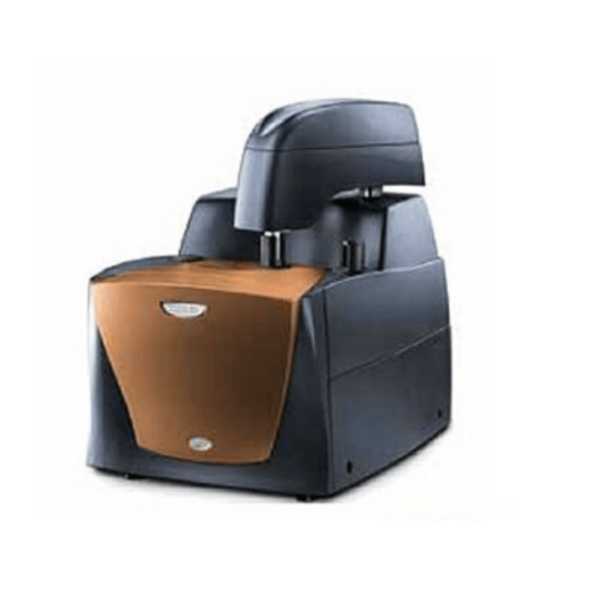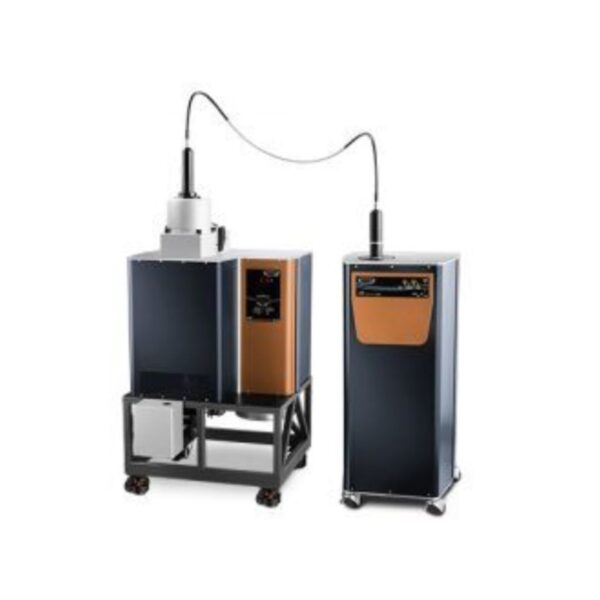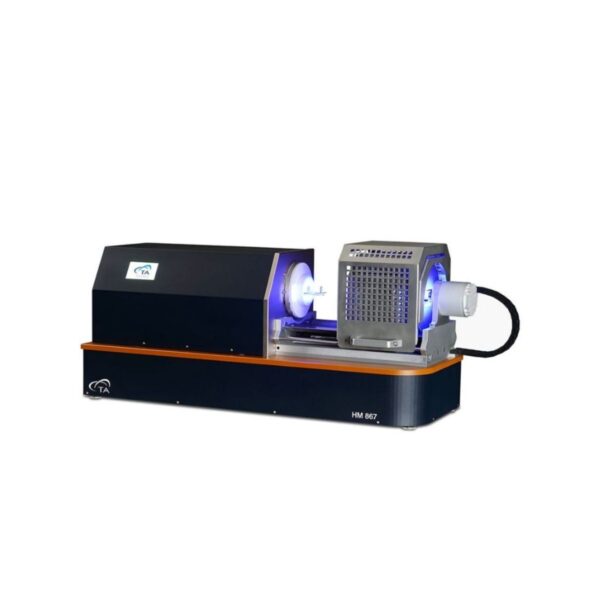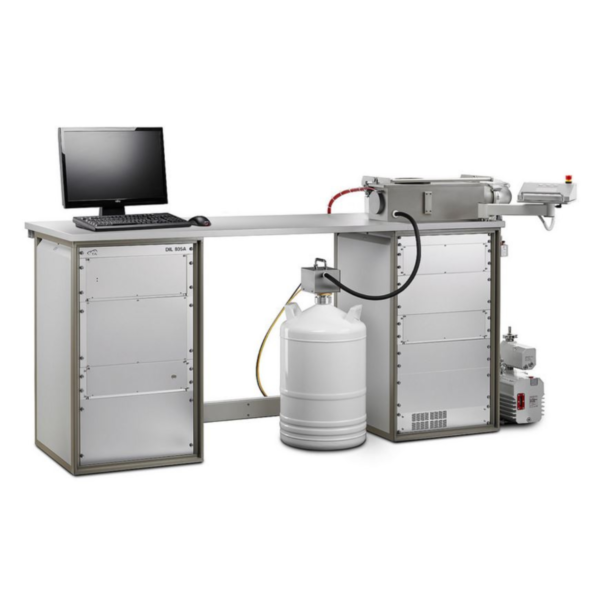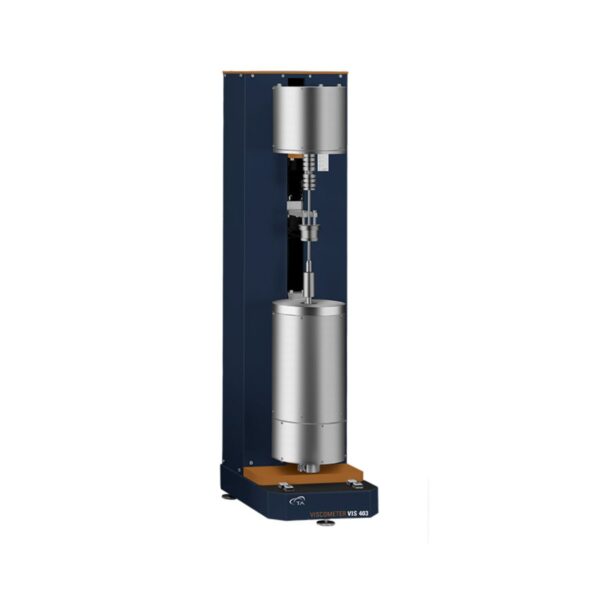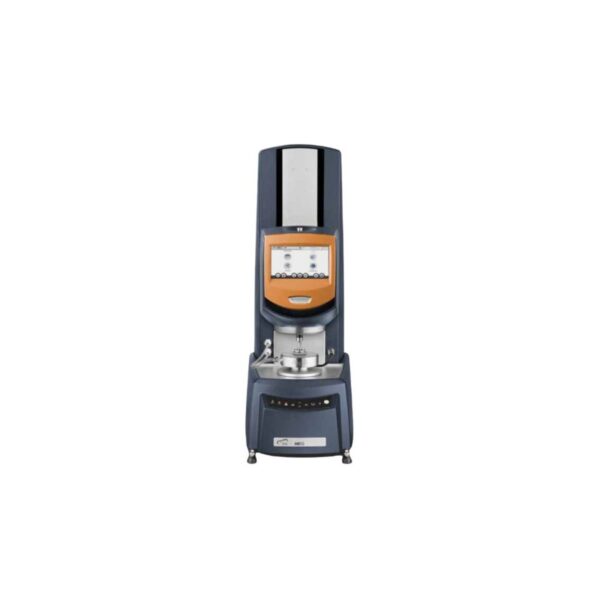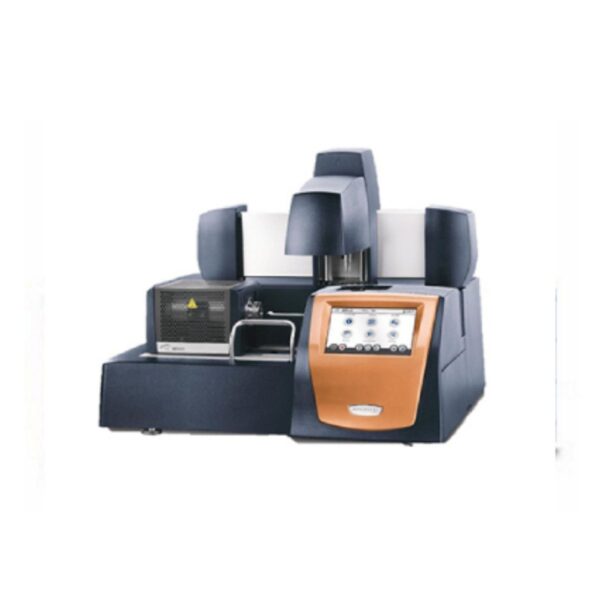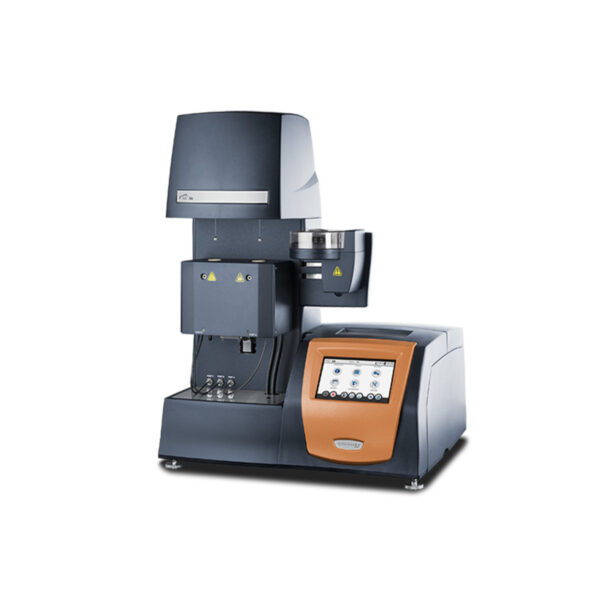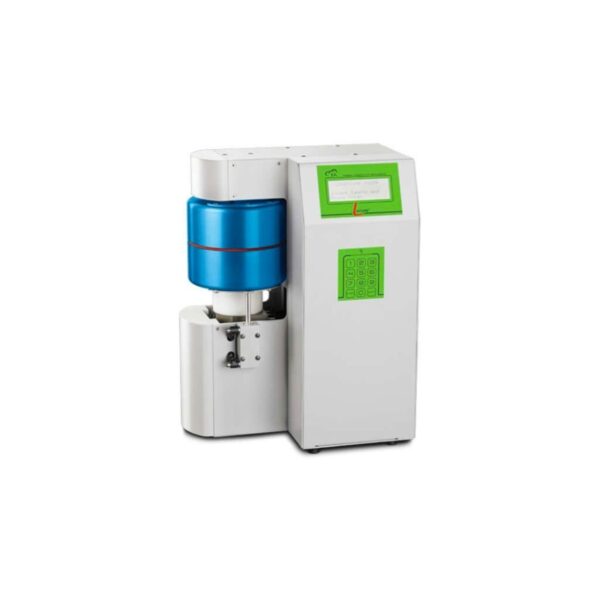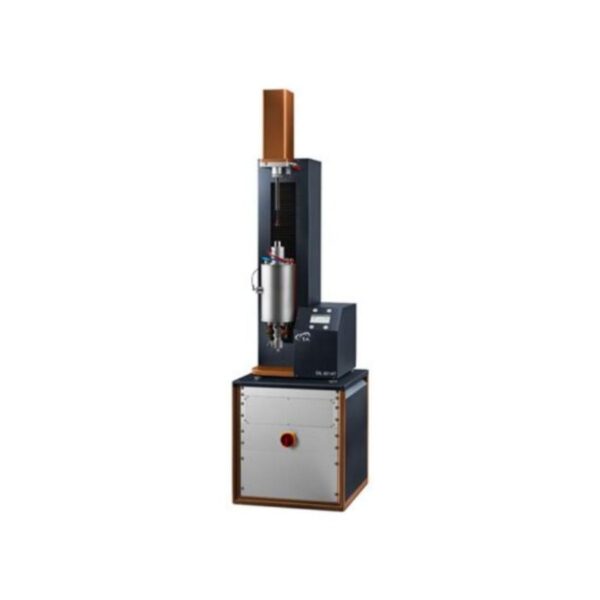TA Instruments – ElectroForce Load Frame Instruments
The ElectroForce Load Frame series features electrodynamic linear motors, combining rare-earth magnets and specifically designed electromagnetic topologies that are optimized for material testing and deliver best-in-class displacements and force o…
The ElectroForce Load Frame series features electrodynamic linear motors, combining rare-earth magnets and specifically designed electromagnetic topologies that are optimized for material testing and deliver best-in-class displacements and force over a wide range of frequencies. Operating without contact bearings, these motors provide friction-free linear guidance that delivers the ultimate reliability backed by a 10-year motor warranty and precise control that is only possible with a no-friction motor design.





